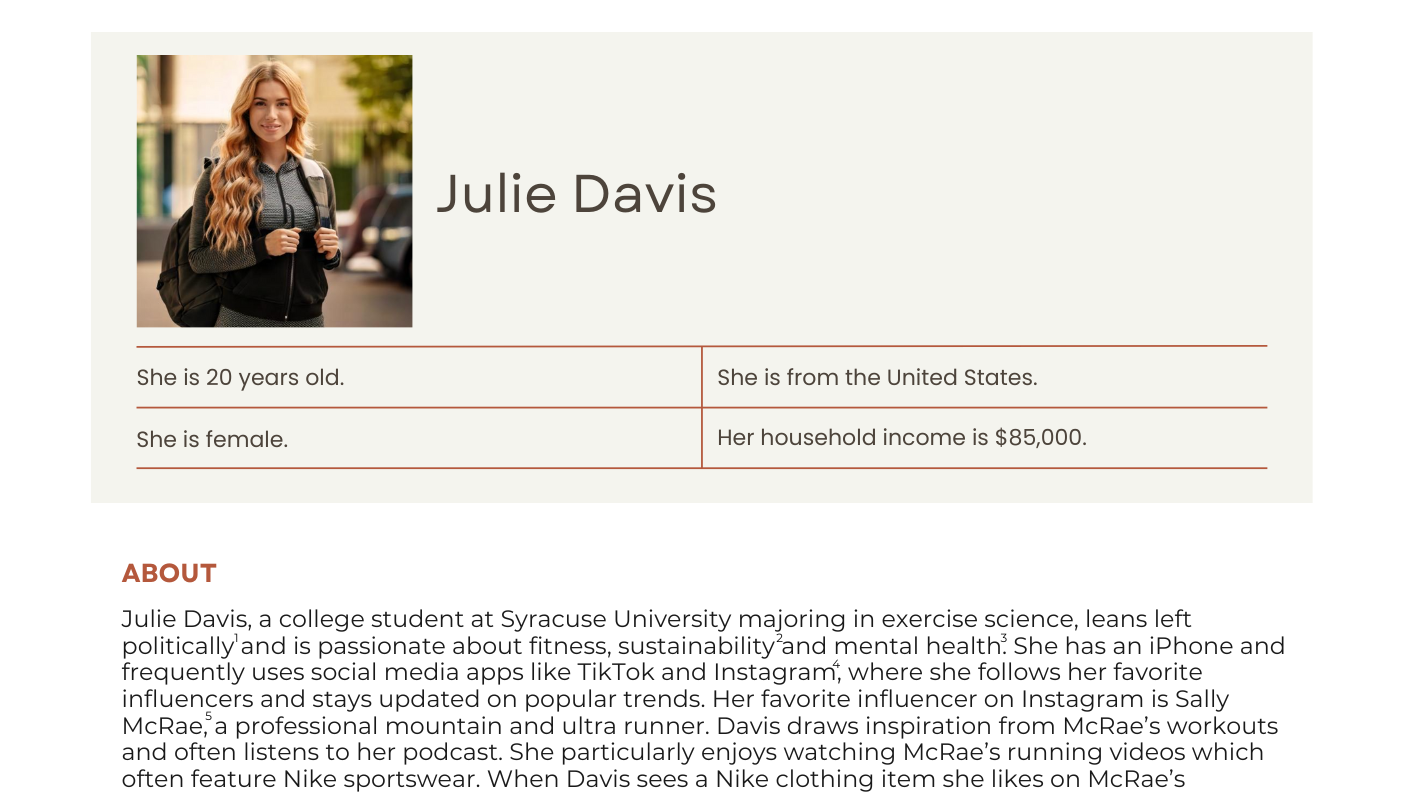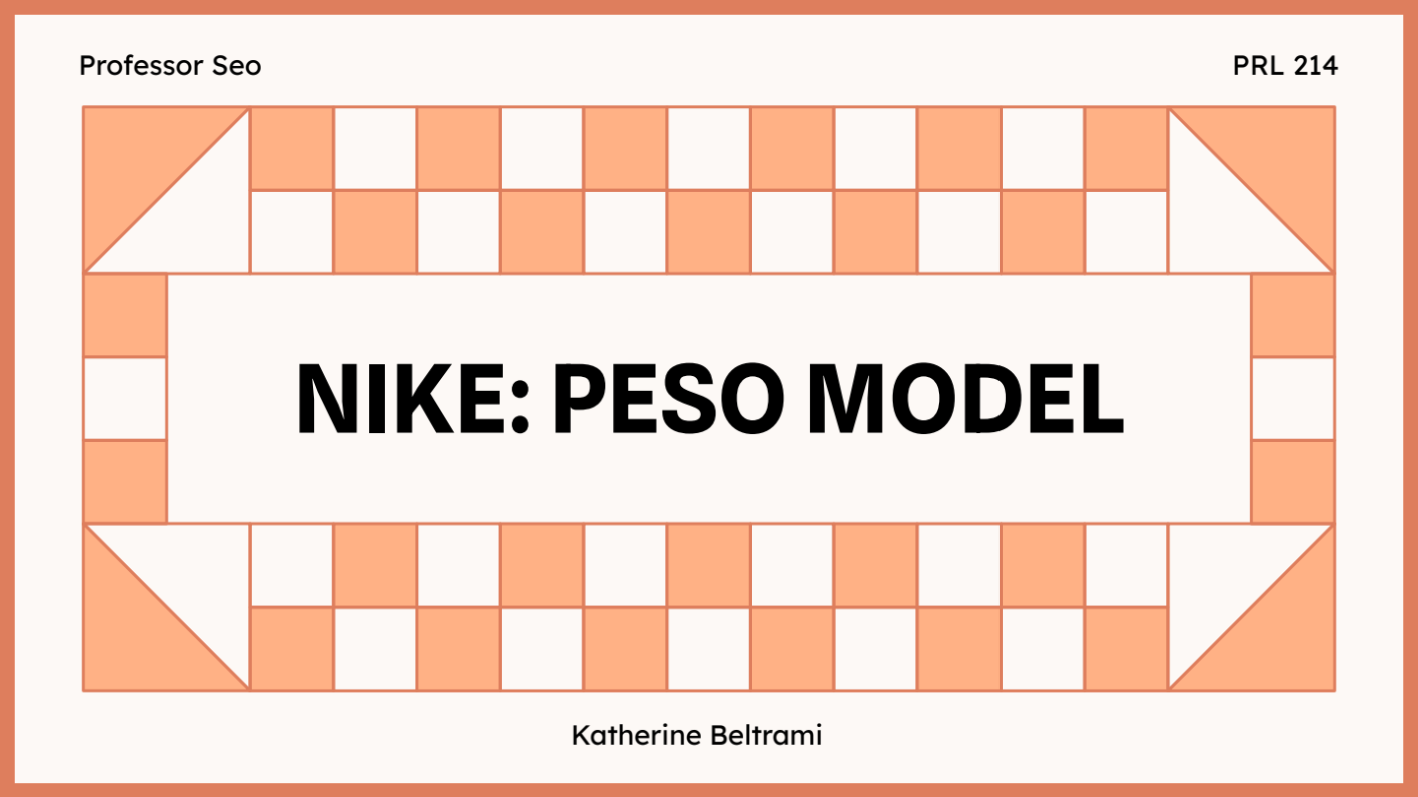The Practice Feature Story was for an assignment in my PRL 214: Writing for PR: Media and Messaging class at Syracuse University. For this assignment, we wrote a feature story about a relevant topic currently occurring at Syracuse.

Arts and Sciences curriculum change causes controversy
Katherine Beltrami
Syracuse University is changing the liberal arts core curriculum for the College of Arts and Sciences and Maxwell School of Citizenship and Public Affairs. Erin Mackie, professor of English states, “Our aim with the new liberal arts core is to provide a comprehensive foundation for the education of ethical, global citizens.” However, many people are unhappy with this change.
Students matriculating in fall 2025 will be the first to experience the updated curriculum. Current students enrolled at Syracuse University will not be affected by this change.
The process of changing the curriculum began in 2020 after an evaluation of courses and requirements by a team of faculty members. After the initial developments, a committee of representatives from the humanities, sciences, mathematics and social sciences departments evaluated the updates and recommended additional changes. Students and alumni were also involved in the review process.
The updates include a new thematic approach to learning as opposed to a more traditional disciplinary model. The change is also made to simplify the curriculum by placing all courses into set categories such as “numeric” or “mind and cognition.” An overarching goal is to cultivate global perspectives. The changes are also meant to prepare students for success in a rapidly changing world. To better reflect these goals, the new curriculum guides students to take classes relevant to their personal and professional lives. In allowing students more flexibility in the classes they take, the updated curriculum removes some requirements listed in the previous curriculum.
Specifically, taking a language is no longer explicitly required for students within the new curriculum, which has led to controversy. Several faculty members are upset with this change, including Albrecht Diem, professor and director of undergraduate studies in the history department. Diem states that there is a “fear that this will kill the languages.”
Many professors agree that a language requirement should remain part of academic education because it allows students to develop broader horizons. Diem shares that “The students who should take language classes the most… and these are students in the international relations, in history, in political science, in anthropology and in religion now have the least incentive to take language classes.”
If fewer students take language classes because they are no longer required, language programs will be discontinued. Diem says, “Worst case only Spanish and French, maybe Italian, maybe German will be offered. The rest will most likely go, which will intellectually impoverish the University.”
The curriculum change was initially meant to be implemented last year, but the curriculum committee encouraged Syracuse University to postpone the execution due to the controversy surrounding the lack of language requirement. According to Diem, the committee also paused the curriculum updates “because they realized that the University was not ready logistically to implement the implications of the new liberal arts core.” In regards to this statement, Diem thinks that students would gravitate toward certain courses, overwhelming classes in the mind and cognition category while other departments would lose students. This is an issue because professors are assessed by the number of students taking classes. Diem states, “students speak for budget.”
“This may or may not be resolved, I don’t know,” said Diem. “But in the meantime, there was a very clear faculty vote in favor of reintroducing a language requirement which has not been implemented by the University administration.”
While some of the curriculum changes may benefit students, there is a clear negative impact. A solution is still up in the air, so it is important for students to think critically about the courses they choose to take. Diem gives advice for students matriculating in fall of 2025 and beyond, “Choose wisely. Any kind of required curriculum is a wonderful opportunity. I know that some students find it a burden but it is not. Think about it and look around. See what’s out there and see what’s offered and follow your heart and interests.”
Source: Albrecht Diem, adiem@syr.edu, interviewed on Feb. 24, 2025.








